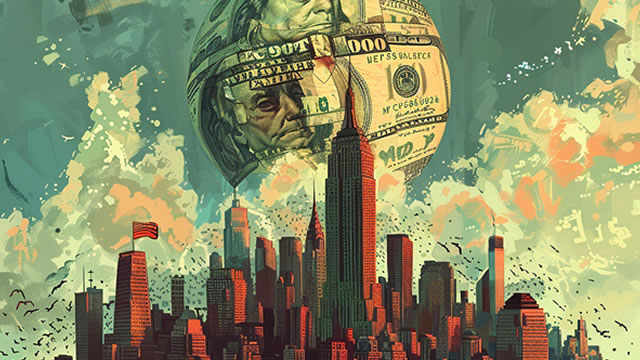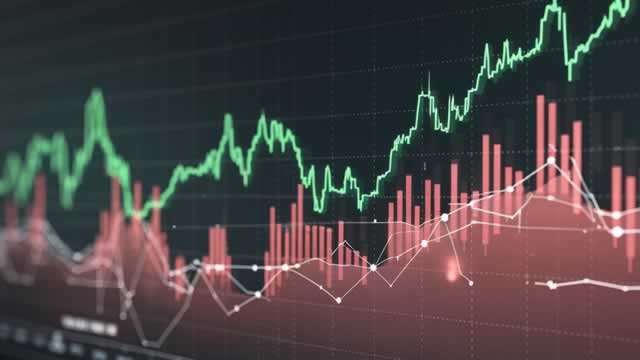Tariff Surprises: Deflationary Shocks and Unexpected Consequences
Hello there, curious cat! You’ve got your paws on some hot news today, haven’t you? Tariffs, oh boy! The market’s been in a tizzy since President Trump announced those higher-than-expected numbers. But here’s the quirky twist: contrary to popular belief, tariffs aren’t always inflationary.
The Hidden Deflationary Side of Tariffs
Now, hold on to your hats, because this one’s a doozy! When tariffs are imposed, they can actually lead to deflation in the long run. Yes, you read that right, deflation! While initial price increases may hit certain goods, the ripple effect can lead to a decrease in overall prices.
- Tariffs can increase the cost of imported goods, making domestic production more attractive.
- This, in turn, can lead to increased supply and decreased demand for imported goods, putting downward pressure on their prices.
- Additionally, tariffs can lead to trade diversion, where countries shift their exports to other markets, potentially leading to increased competition and lower prices.
But wait, there’s more! This deflationary effect can have some unexpected consequences, including:
Unexpected Consequences: Recession on the Horizon?
While the initial price increases may not seem so bad, the deflationary shock can potentially lead to a recession. Here’s why:
- Deflation can decrease consumer spending, as people may hold off on purchases, waiting for prices to drop further.
- Businesses may also delay investments, as they may expect prices to continue falling.
- Banks may tighten their lending standards, as they may be less willing to extend credit in a deflationary environment.
Now, let’s see how this will affect you and the world:
How Will This Affect Me?
As a consumer, you may initially see higher prices for certain goods. However, if the deflationary shock takes hold, you may eventually see lower prices for other goods. The overall impact on your wallet will depend on your specific consumption patterns.
How Will This Affect the World?
On a global scale, the deflationary shock from tariffs can lead to decreased trade, as countries may shift their exports to other markets. This can lead to decreased economic activity and potentially, a global recession.
But don’t worry, dear reader! This isn’t a reason to panic. The economic world is complex and constantly changing. While tariffs can have deflationary effects, they are just one factor among many. And as always, your friendly neighborhood AI assistant will be here to help make sense of it all.
The Bottom Line
So there you have it, folks! Tariffs may not be the inflationary bomb some believe them to be. Instead, they can lead to deflationary shocks and unexpected consequences. But remember, the economic world is a complex beast, and the impact of tariffs is just one piece of the puzzle. Stay curious, stay informed, and keep your economic hats on, because the world’s always throwing us a curveball or two!




